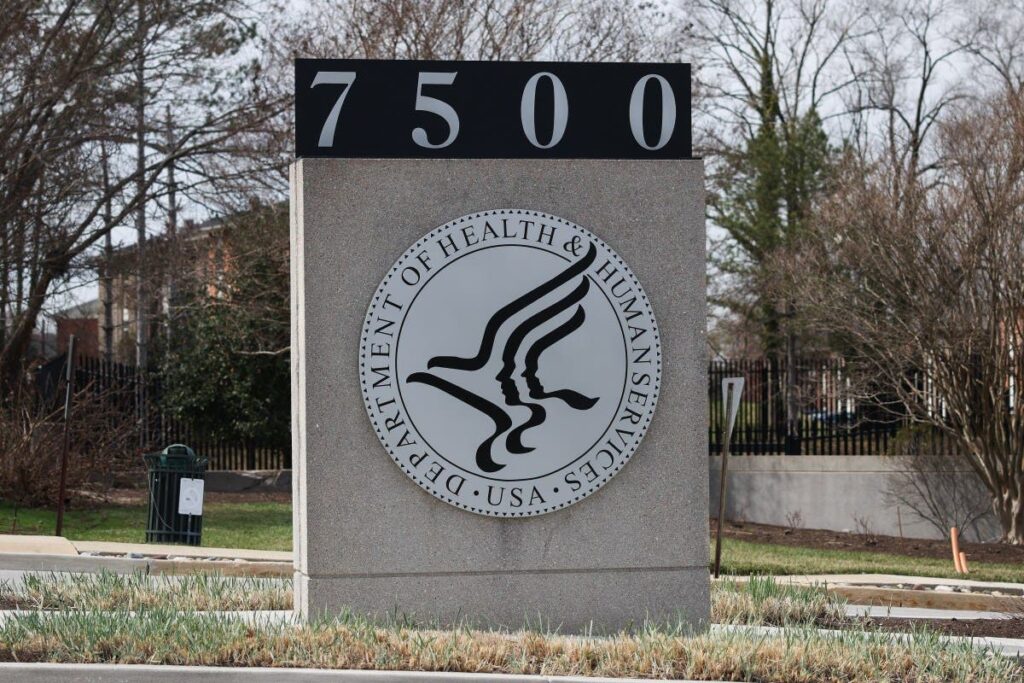Multiple health insurers are decreasing their Medicare Advantage options for next year as the health insurance industry navigates lower government reimbursement rates.
The federal government said it would lower its payments on Medicare Advantage to save money, but seniors relying on the privatized version of Medicare may feel the hit to their coverage options.
Why It Matters
Nearly 70 million Americans rely on Medicare for health insurance, with roughly half on Medicare Advantage, or privatized Medicare plans run by health insurers.
With fewer options available, seniors’ health outcomes could suffer, and more retirees could also turn to the traditional Medicare available through the federal government.
What To Know
CVS Health’s Aetna said it would be dropping its prescription drug plans in 100 counties in 2026, while competitor Humana will limit its plan availability to 85 percent of counties—down from 89 percent this year—and UnitedHealth is ending its plans in 109 counties, affecting around 180,000 people.
The news arrives as health insurers are looking to exit less profitable markets, narrowing coverage for patients as a result. Newsweek reached out to Aetna, Humana and UnitedHealth for comment via email.
“The combination of (Centers for Medicare and Medicaid Services) funding cuts, rising healthcare costs and increased utilization have created headwinds that no organization can ignore,” UnitedHealth’s Bobby Hunter said during a press briefing.
Altogether, Humana will be offering plans in 46 states, down from 48 this year, while Aetna will serve just 43 states.
“The Trump Administration has reduced certain payments, which in turn cuts reimbursements to Medicare Advantage providers,” Kevin Thompson, CEO of 9i Capital Group and host of the 9innings podcast, told Newsweek. “The result? Not just fewer options for Medicare Advantage participants, but potential ripple effects across traditional Medicare as well, including tighter reimbursement structures and new layers of prior authorization.”
What People Are Saying
A spokesperson for CVS Health told Newsweek: “Each year, we assess our ability to meet the health care needs of our members and adjust our plans to ensure they can deliver an excellent and sustainable member experience. In 2026, Aetna will continue to offer a wide range of Medicare products across the country from Medicare Advantage plan options, including Group Medicare and Special Needs Plans (SNPs), to Medicare Supplement plans and Prescription Drug Plans to meet the diverse health care needs of our customers.”
Alex Beene, financial literacy instructor for the University of Tennessee at Martin, told Newsweek: “For beneficiaries of Medicare Advantage, now more than ever is a time to stay informed. Starting in 2024, the government started scaling back payments to Medicare Advantage as a spending reduction measure. The result is private insurers that run Medicare Advantage programs have been cutting offerings in anticipation of less funding.”
Drew Powers, founder of Illinois-based Powers Financial Group, told Newsweek: “There are two forces at play here. First, the part that insurance companies are happy to share is the decreased funding from the federal government. Second, the part they won’t as readily share is that insurance companies were in Medicare Advantage growth mode until they hit a critical mass, but now they are in profit mode. Terms like ‘less profitable markets’ and ‘increased utilization’ are just clever ways of saying ‘people are actually using their coverage, we are not making as much money as we would like, so it’s time to cancel your plan.’”
Thompson also told Newsweek: “Private insurers will likely withdraw from unprofitable counties—often rural areas that overwhelmingly supported [Trump], leaving fewer coverage choices for seniors in those regions.
“The takeaway: do your homework during open enrollment. Review your plan, understand any changes in coverage or network, and decide if it makes sense to move back to traditional Medicare before the window closes.”
What Happens Next
Medicare Advantage enrollees should stay alert to any changes in their coverage for the coming enrollment period from October 15 to December 7.
“There’s no immediate need to panic, but those enrolled in a Medicare Advantage program need to pay attention to correspondence going forward on any reductions that occur and consider these during future enrollment periods,” Beene added.
Read the full article here
